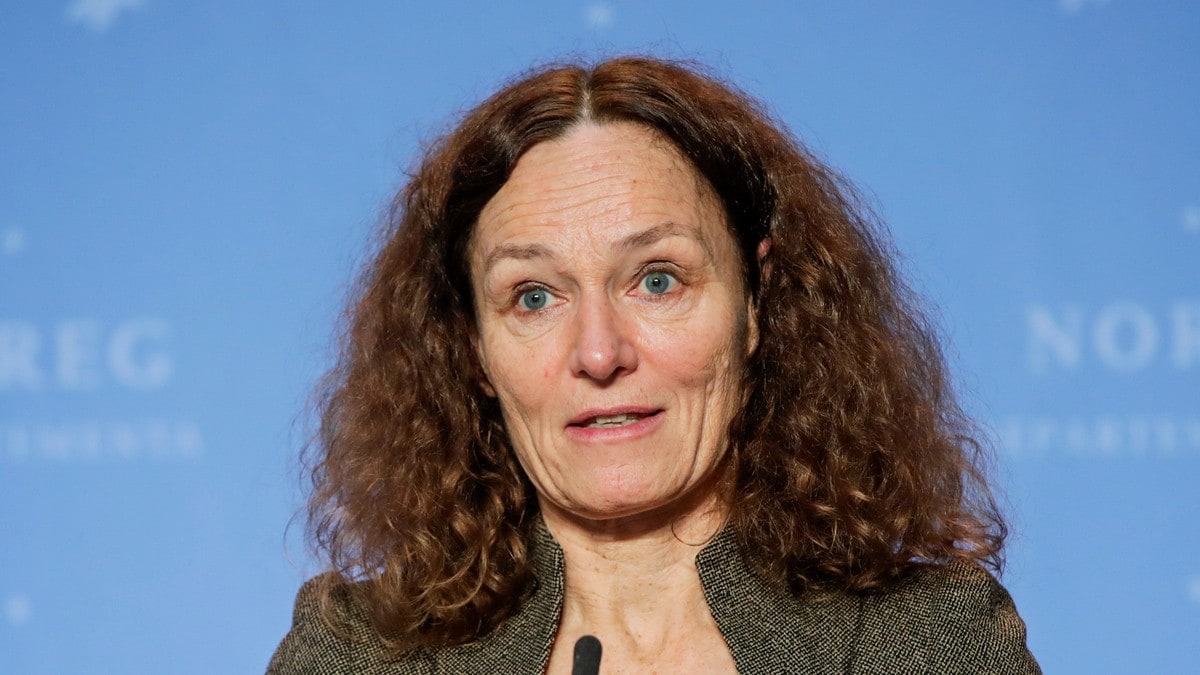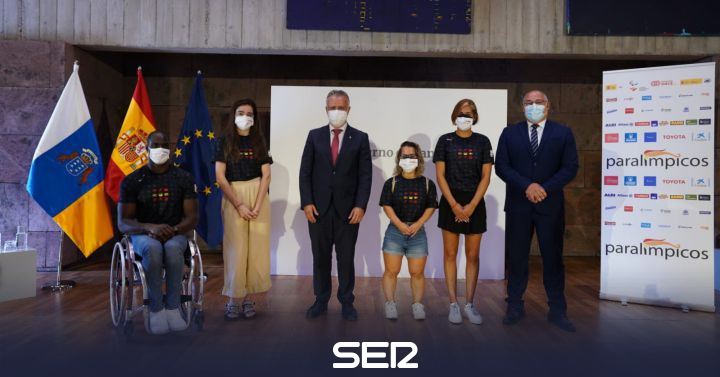This article is over a month old and may contain outdated advice from the authorities regarding coronary heart disease.
Stay up to date in NRK’s overview, or through FHIs nettsider.
–
– We believe that there will be an increase in infection, and the Delta variant will play a role. In addition, it will play a role that you have more mobility in society. People have more social contact, move more and travel more, both out of Norway and inland, Stoltenberg says to NTB.
– Is this the start of a fourth wave?
– I do not want to use that term. This may be the start of an increase in infection, as we have seen in several countries.
Discusses the reopening
Stoltenberg points out that it is not a given that the number of hospitalized and dead will increase with more infection, since more and more people have been vaccinated. Therefore, she also does not dare to conclude what an increase in infection should mean for the reopening.
– There is a discussion going on, and the government has said that they will take a stand on it. It looks good in Norway now, so we must continue to keep it that way. It does not happen by itself.
After the spread of the delta variant accelerated, the government postponed step four for the reopening of Norway until the end of July / beginning of August. What happens next has not yet been clarified, but Prime Minister Erna Solberg (H) said on Wednesday VG that she sees positive signs for the further reopening.
Arguments for and against
The NIPH director is somewhat more reticent.
– There are arguments for more reopening, which is that we are doing well. Then there are arguments for a certain vigilance and caution. We have had good experience of progressing gradually, both earlier and in this round, says Stoltenberg.
Delta (B. 1.617.2) was first detected in India in December and has now become the dominant variant in the United Kingdom, Denmark, Portugal, South Africa, Singapore and Russia. In addition, it is advancing rapidly in many countries and all continents.
Teacher of other countries
The National Institute of Public Health is closely following the situation in other countries that may be similar to us, and where the delta infection has progressed further.
– We can learn from what they are now experiencing. We see, for example, that the Netherlands, which experienced a very rapid increase in infection, has so far not seen a significant effect on the number of deaths and hospitalizations, says the NIPH director.
Delta accounted for 58 per cent of analyzed samples in Norway in week 28, up from 48 per cent the week before. In recent weeks, the number of infected, hospitalized and dead has been stable in Norway.
– The Delta variant seems to spread faster, and give a slightly higher risk of serious illness. It also appears to be somewhat less affected by the vaccines, but it has not been finally clarified, says Stoltenberg.
FHI believes that infection rates will increase in the future. Here from a test station in Oslo.
Photo: Jil Yngland / NTB
–
Positive vaccine news
The speed of vaccination will be crucial for both the development of infection and the reopening. Stoltenberg says that things are going well at the moment, but that the summer has presented some challenges.
– Due to holidays, there are some people who do not stay where they live. There are also younger people who are now offered vaccines. We have every reason to believe that this group supports the vaccination to a very high degree, but it may take a little longer to get this group vaccinated, she says.
FHI still expects to finish all the first doses in a few weeks. No later than Wednesday, the news came that Norway will receive 100,000 extra Pfizer doses after a barter deal with Lithuania.
– This may mean that we finish dose one earlier, and then we can get started faster with dose two for more people. At some point, we will consider shortening the interval between doses and offering dose two faster, but now we are primarily concerned with completing the vaccination with dose one, says Stoltenberg.
–


